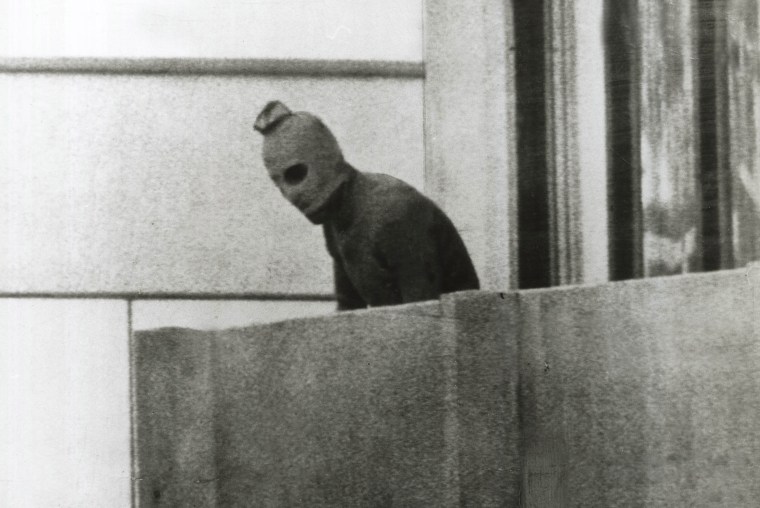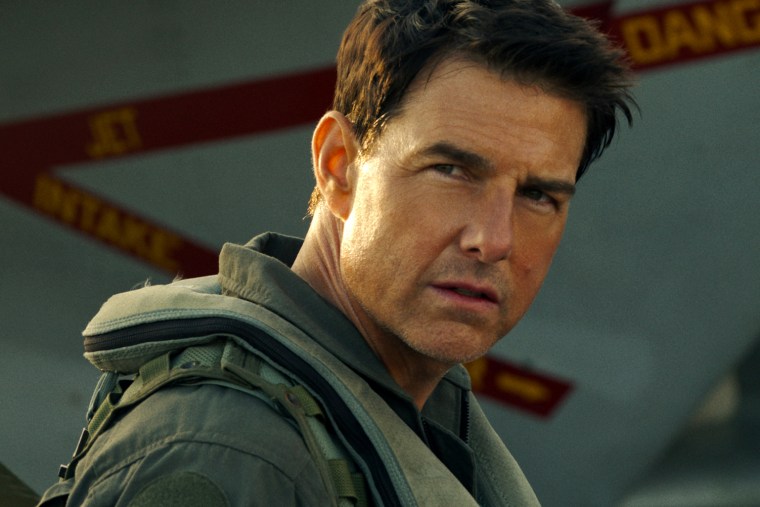Banned from the 2024 Olympics over the war in Ukraine, Russia has mounted a secret influence campaign seeking to discredit the Games and sow fears of terrorism, according to a new report from Microsoft’s threat intelligence unit.
The report tracks what it calls “prolific Russian influence actors” that last summer began focusing on disparaging the 2024 Olympic Games and French President Emmanuel Macron, including by posting a bogus documentary featuring a deepfake of actor Tom Cruise.
“These ongoing Russian influence operations have two central objectives: to denigrate the reputation of the [International Olympic Committee] on the world stage; and to create the expectation of violence breaking out in Paris during the 2024 Summer Olympic Games,” the report says.
Most recently, the Russian campaign has sought to capitalize on the Israel-Hamas war by impersonating militants and fabricating threats against Israelis who attending the 2024 Games, the report found. Some images referenced the attacks at the 1972 Munich Olympics, where an affiliate of the Palestine Liberation Organization killed 11 members of the Israeli Olympic team and a West German police officer.
Get top local stories in DFW delivered to you every morning. >Sign up for NBC DFW's News Headlines newsletter.

The fake documentary, posted online last summer, was titled “Olympics Has Fallen,” a play on the 2013 movie “Olympus Has Fallen.” Designed to resemble a Netflix production, it used AI-generated audio resembling Cruise’s voice to imply his participation, the report says, and even attached sham five-star reviews from The New York Times, The Washington Post and the BBC.
YouTube took it down at the behest of the International Olympic Committee, but it remains available on Telegram, Microsoft says.
“The International Olympic Committee (IOC) has recently been faced with a number of fake news posts targeting the IOC,” the committee said in a statement last fall, citing “an entire documentary produced with defamatory content, a fake narrative and false information, using an AI-generated voice of a world-renowned Hollywood actor.”

The Russian campaign also put out videos designed to look like news reports that suggested intelligence about credible threats of violence at the Paris Games, Microsoft found.
Paris 2024 Summer Olympics and Paralympics
Watch all the action from the Paris Olympic and Paralympic Games live on Peacock
One video that purported to be a report from media outlet Euronews in Brussels falsely claimed that Parisians were buying property insurance in anticipation of terrorism.
In another spoofed news clip impersonating French broadcaster France 24, the Russian campaign falsely claimed that 24% of purchased tickets for Olympic events had been returned due to fears of terrorism.
A third Russian effort consisted of a fake video news release from the CIA and France’s main intelligence agency warning potential attendees to stay away from the 2024 Olympics due to the alleged risk of a terror attack.
Microsoft says Russia, like the Soviet Union before it, has a long history of attacking the Olympics.
“If they cannot participate in or win the Games, then they seek to undercut, defame, and degrade the international competition in the minds of participants, spectators, and global audiences,” the report says. “The Soviet Union boycotted the 1984 Summer Games held in Los Angeles and sought to influence other countries to do the same.”
At the time, according to Microsoft, U.S. officials linked Soviet actors to a campaign that covertly distributed leaflets to Olympic committees in countries including Zimbabwe, Sri Lanka and South Korea, claiming that nonwhite competitors would be targeted by American extremists if they went to Los Angeles.
In 2017, the IOC banned Russia from the 2018 Winter Games after finding widespread use of performance-enhancing drugs by Russian athletes.
But the current ban is over the war in Ukraine. The committee decided that qualifying athletes from Russia and close ally Belarus may compete in the 2024 Summer Games only as “individual neutral athletes,” prohibited from flying their national flags.
Microsoft said the online influence campaign picked up shortly afterward.
The Russian Embassy did not immediately respond to a request for comment.
This article first appeared on NBCNews.com. Read more from NBC News here:




